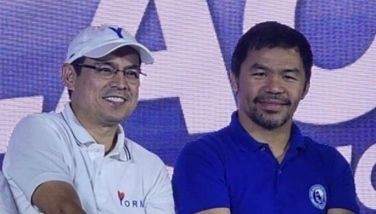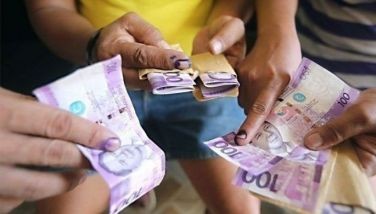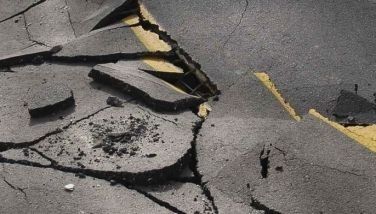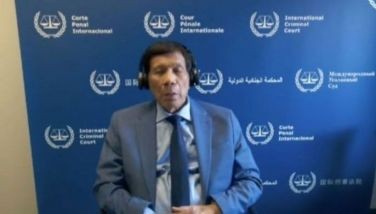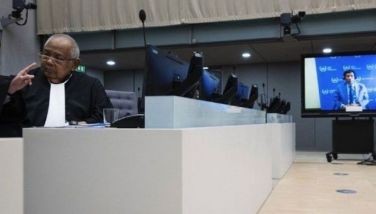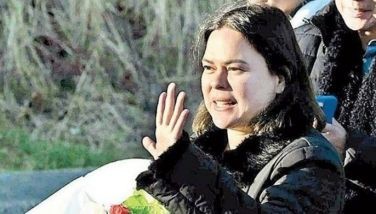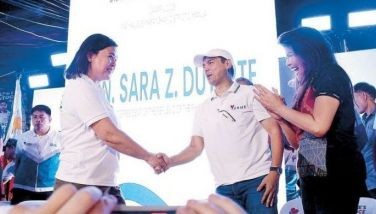UN nuclear envoy due in Iran
TEHRAN (AFP) - The deputy chief of the UN atomic watchdog visits Iran on Wednesday, days after the body said Tehran had slowed expansion of its uranium enrichment and signalling a possible breakthrough in the crisis over its nuclear ambitions.
Olli Heinonen, the International Atomic Energy Agency (IAEA) deputy director general for safeguards, will seek to shape a plan to resolve "outstanding issues" over Iran's nuclear programme.
His two-day visit is at the invitation of Iran's national security chief and top nuclear negotiator Ali Larijani, who met EU foreign policy chief Javier Solana last month over the standoff.
Heinonen is due to meet Larijani on Wednesday before seeing deputies and other officials, Iran's ambassador to the IAEA Ali Asghar Soltanieh told the semi-official Fars news agency on Tuesday.
However, Iranian officials said Heinonen will not be inspecting any nuclear sites, such as at Natanz in central Iran where uranium enrichment is currently carried out.
On Monday, a US think tank reported that commercial satellite imagery indicated Iran is tunneling into a mountain near the Natanz complex, possibly to protect the facility against air attack.
The images were taken on June 11 by Digital Globe and published on the website of the Institute for Science and International Security, a Washington-based non-profit research group.
They show recent road construction leading up a mountain from a paved road just 2.4 kilometres (1.5 miles) south of the complex housing the Natanz plant.
"We have seen a fairly slow development in commissioning new cascades," UN nuclear chief Mohamed ElBaradei told reporters on Monday, referring to the installation of centrifuges which enrich uranium into fuel for civilian reactors or, in its highly refined state, nuclear bomb material.
Ahead of Heinonen's visit, ElBaradei said that "drawing up a plan of action" should take 60 days.
Implementation would then begin on resolving questions about Iranian nuclear activities that could have military applications.
ElBaradei has also called on Iran to freeze uranium enrichment at current levels, in return for the United Nations holding off on new sanctions.
But Britain and Tehran's arch-foe, the United States, have again warned the Islamic republic about its nuclear programme which the West fears could be a cover to build a nuclear bomb.
Britain said it will press for a third UN resolution to tighten sanctions on Iran if it continues to defy calls to suspend enrichment, while US Secretary of State Condoleezza Rice has refused to rule out military action.
Iran's refusal to address IAEA questions and its resumption of enrichment activities, which it had suspended for more than two years, prompted the world body to refer Iran to the UN Security Council in February 2006.
The council has adopted three resolutions demanding that Iran address IAEA concerns and suspend enrichment, and has imposed two sets of sanctions against Tehran for its continued refusal to suspend the controversial process.
Iran has so far rejected any halt in its uranium enrichment programme, which it says is aimed solely at civilian purposes and making fuel for its growing energy needs in line with the nuclear Non-Proliferation Treaty.
- Latest
- Trending




















